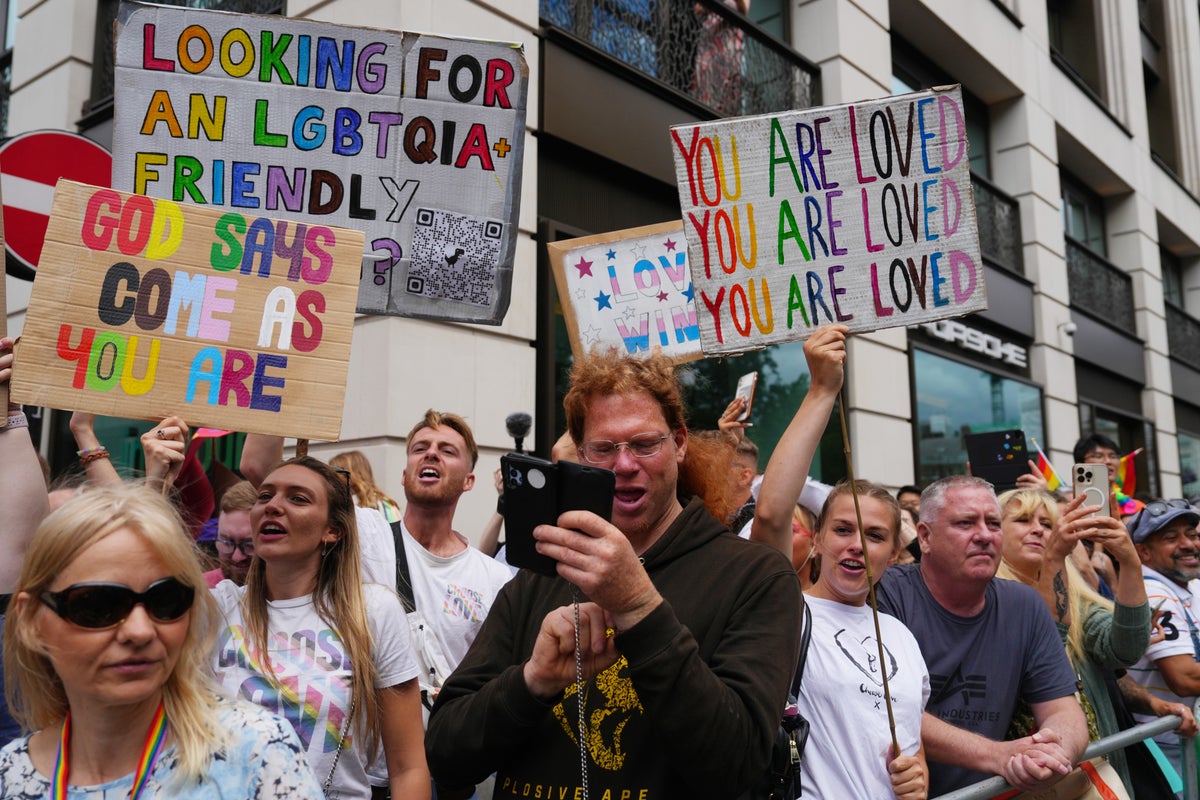
A section of Britain’s population is increasingly adopting each other’s speech patterns to be more socially inclusive, a new study claims.
People often imitate each other in conversation by using gestures, accents or facial expressions. They also tend to reuse words used by people they speak with, a phenomenon known as resonance.
Resonance has increased in the modern age, mostly among people in upper social classes such as business managers, doctors, university lecturers and politicians, according to the study conducted by researchers at Lancaster University and published in the Applied Linguistics Journal on Tuesday.
“We discovered that upper-class people from the corporate world and neighbouring sectors mutually resonated much more in 2014 than they used to in 1994,” the researchers say, adding that the findings underline a change in how people “enact” inclusivity in their conversations.
“When words and expressions are creatively reused in conversation, speakers are more engaged with each other’s speech, showing a more inclusive stance towards what’s just been said by the other party,” Vittorio Tantucci, a co-author of the study, says.
Consistent absence of resonance during conversation, on the other hand, indicates a lack of engagement.
This is a trait distinctively seen in Autism speech.
The researchers analysed 1,600 conversations by British speakers recorded in the British National Corpora 1994 and 2014 to find out how speech patterns among certain classes of British speakers changed over that decade.
These corpora are multimillion-word datasets of contemporary spoken British English developed at Lancaster University and they are the most up-to-date data of their kind.
Resonance in conversation is a key sign of social inclusion as it indicates that the people involved are looking to make the other feel “heard”.
“This kind of linguistic effort is more distinctive of higher social classes today in Britain, especially ones that belong to the corporate and higher education sectors,” Dr Tantucci says, referring to resonance.
The change, researchers say, is linked to a shift towards corporate social responsibility as well as inclusive frameworks in higher education and equality in higher social grades of British society.







